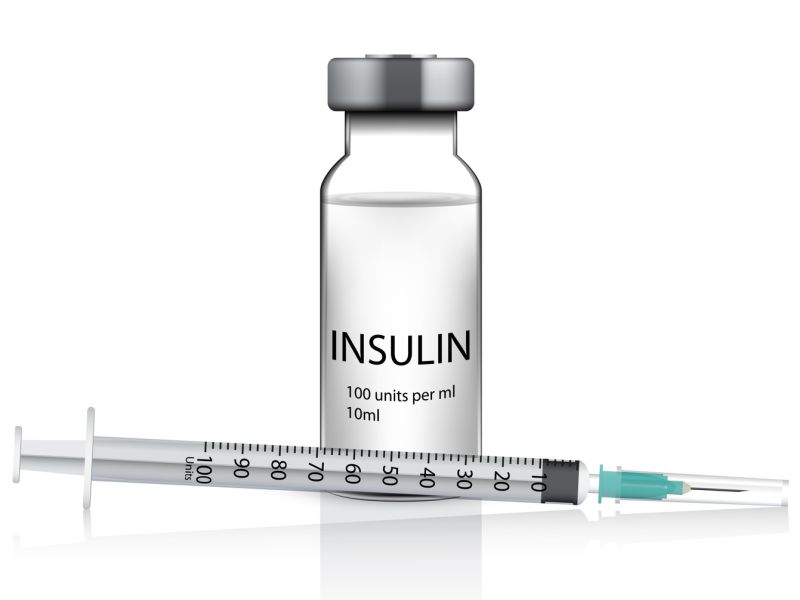
As Americans face shortages of widely used blood pressure drugs due to contamination with potentially cancer-causing impurities, the U.S. Food and Drug Administration on Thursday said patients can safely take the tainted drugs in the short term. As the agency explained, the risk of stroke and other problems from stopping the angiotensin II receptor blocker… read on >






























